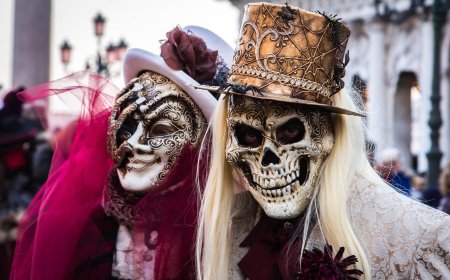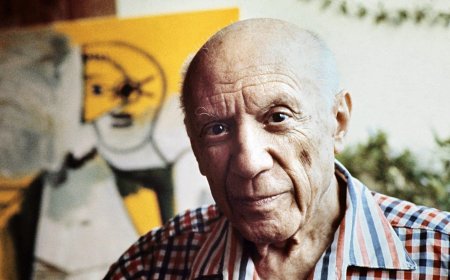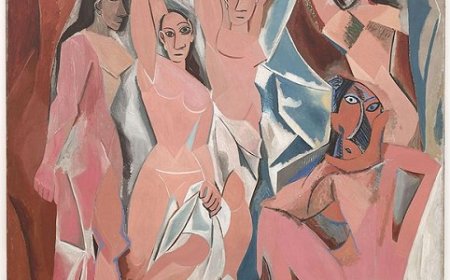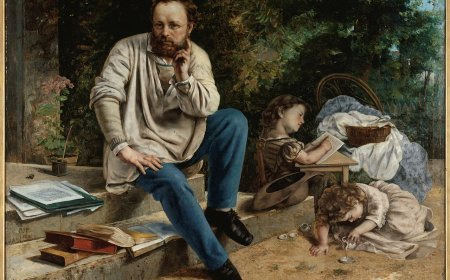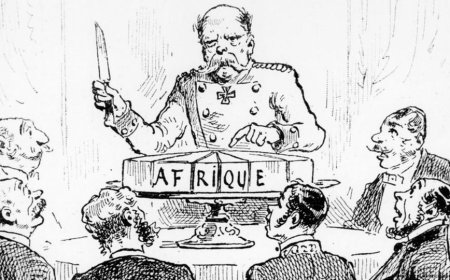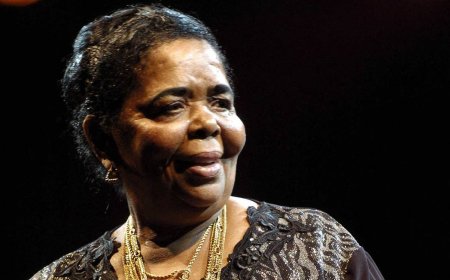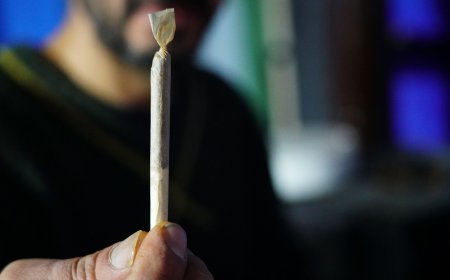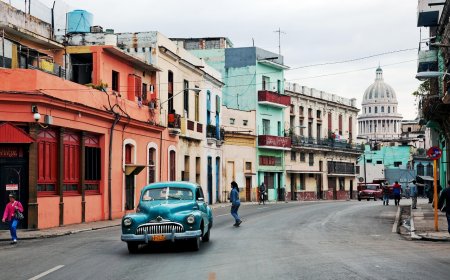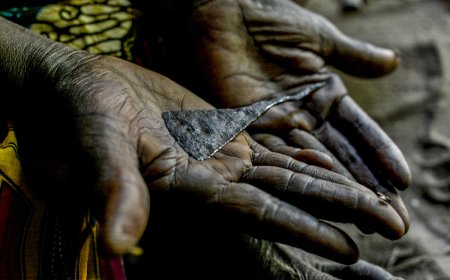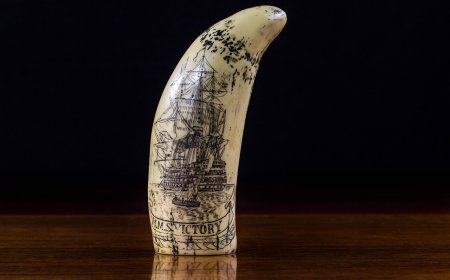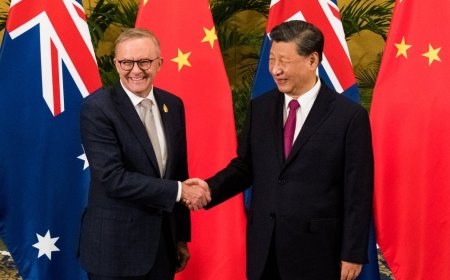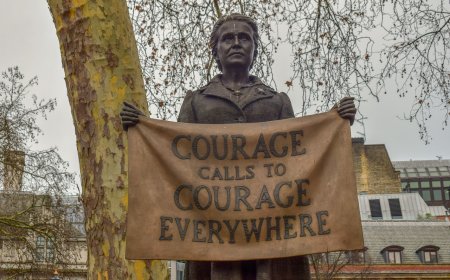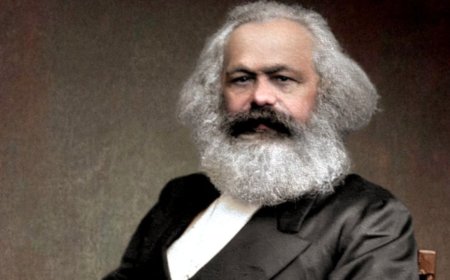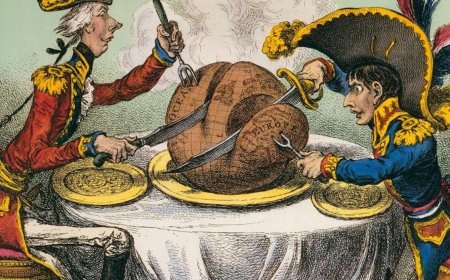The true story of Angolan Queen Nzinga
Queen Nzinga (also known as Queen Ginga or Njinga) was a prominent ruler in the 17th century, known for her leadership, political acumen, and resistance against Portuguese colonization in what is now modern-day Angola. But she was also a controversial slave trader.

Nzinga was born around 1583 as the daughter of King Kiluanji of Ndongo (also known as Ngola) and Queen Kangela. Ndongo was a powerful kingdom in the central region of present-day Angola.
In the early 17th century, Nzinga's brother, King Mbandi, ascended to the throne after their father's death. During King Mbandi's rule, the kingdom faced external threats, particularly from the Portuguese who sought to expand their influence and control in the region. Queen Nzinga played a key role as an ambassador and negotiator during this time, representing Ndongo in diplomatic matters.
When King Mbandi died in 1622, Nzinga's nephew, Ngola Mbandi, succeeded to the throne. However, his rule was short-lived as he was deposed, and Queen Nzinga was chosen as his successor in 1624. Her coronation marked a historic moment, as she became one of the first female rulers in the region.
Queen Nzinga's reign was marked by a fierce resistance against Portuguese attempts to colonize and control Ndongo. She engaged in numerous military campaigns and alliances to defend her kingdom's independence and sovereignty.
In addition to her military strategies, Queen Nzinga also employed diplomatic efforts to counter Portuguese aggression. She negotiated treaties and alliances with neighboring states and even formed alliances with European powers such as the Dutch to weaken Portuguese influence.
From Nzinga to Ana de Souza
Queen Nzinga was given the name Ana de Souza by the Portuguese during diplomatic negotiations. This occurred during the period when she engaged in peace talks and diplomatic efforts with the Portuguese colonial authorities.
The Portuguese colonization of the region and their desire to expand their influence and control led to frequent interactions and conflicts with the rulers of Ndongo, including Queen Nzinga. As a means of initiating diplomatic relations and negotiations, the Portuguese often baptized African leaders and nobles with Portuguese names, which was a common practice during that era.
This practice of assigning European names to African leaders was part of the broader strategy of assimilation and asserting colonial dominance. Despite being given a European name, Queen Nzinga remained steadfast in her commitment to defending her kingdom's autonomy and resisting Portuguese colonial ambitions. Her adoption of the name Ana de Souza was a tactical move in the context of diplomatic engagement but did not diminish her identity as a powerful African leader and symbol of resistance.
Slave trade
A very controversial question is Queen Nzinga's engagement in the transatlantic slave trade. Some historians says it was a way to acquire European weapons and other resources to strengthen her position against the Portuguese. Many authors claim that her participation in the slave trade was a pragmatic decision amid the challenging geopolitical circumstances of the time.
During her reign (1623-1663), Angola was facing pressure from the Portuguese, who were actively engaged in the transatlantic slave trade and sought to capture and enslave Africans for forced labor in their American colonies.
Some historians says Nzinga saw the slave trade as a way to obtain firearms and other European goods that could strengthen her military and help her resist Portuguese aggression. By participating in the slave trade, she aimed to gain access to resources and alliances that would benefit her people and her political position.
Queen Nzinga's involvement in the slave trade was driven by pragmatic considerations amid the broader historical context of European colonial expansion and the slave trade. Many African leaders faced difficult choices during this period, grappling with the threats posed by European powers and the need to maintain their kingdoms' sovereignty and security.
Despite her involvement in the slave trade, Queen Nzinga remains a significant figure in African history and a symbol of resistance against European colonization. She fiercely resisted Portuguese attempts to subjugate her people, engaging in military campaigns and diplomatic efforts to protect her kingdom's autonomy.
Queen Nzinga's reign extended until her death in 1663. Despite her efforts, Ndongo eventually fell to Portuguese control after her death, and the kingdom was absorbed into the Portuguese colony of Angola. However, Nzinga's legacy as a fearless leader, skilled diplomat, and symbol of resistance against colonial oppression continues to be remembered and celebrated in African history.
In contemporary discussions, Queen Nzinga's role in the slave trade is seen in a nuanced light. While her actions as a political leader must be acknowledged, it is essential not to overlook her broader impact on African history and her efforts to defend her people against colonial forces.
Historical records about Queen Nzinga's life are not entirely complete, and some aspects of her story may be subject to debate or interpretation. Her legacy continues to be a subject of study and debate among historians and scholars. Nevertheless, her impact on the history of Angola and her enduring legacy as a remarkable African leader make her a significant figure in the annals of African history.

























